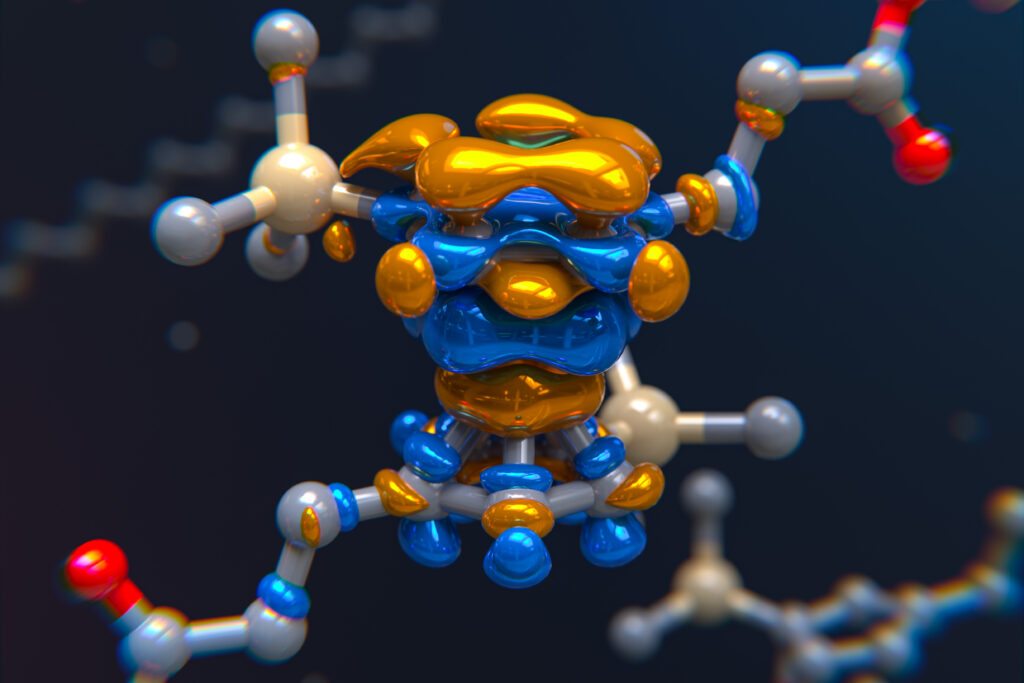
A new strategy for strengthening polymer materials could lead to more durable plastics and cut down on plastic waste, according to researchers at MIT and Duke University. Using machine learning, the researchers identified crosslinker molecules that can be added to polymer materials, allowing them to withstand more force before tearing. These crosslinkers belong to a class of molecules known as mechanophores, which change their shape or other properties in response to mechanical force.
“These molecules can be useful for making polymers that would be stronger in response to force. You apply some stress to them, and rather than cracking or breaking, you instead see something that has higher resilience,” says Heather Kulik, the Lammot du Pont Professor of Chemical Engineering at MIT, who is also a professor of chemistry and the senior author of the study.
The crosslinkers that the researchers identified in this study are iron-containing compounds known as ferrocenes, which until now had not been broadly explored for their potential as mechanophores. Experimentally evaluating a single mechanophore can take weeks, but the researchers showed that they could use a machine-learning model to dramatically speed up this process.
The researchers now hope to use their machine-learning approach to identify mechanophores with other desirable properties, such as the ability to change color or become catalytically active in response to force.
The research was funded by the National Science Foundation Center for the Chemistry of Molecularly Optimized Networks (MONET).
 TEXTILES.ORG
TEXTILES.ORG


